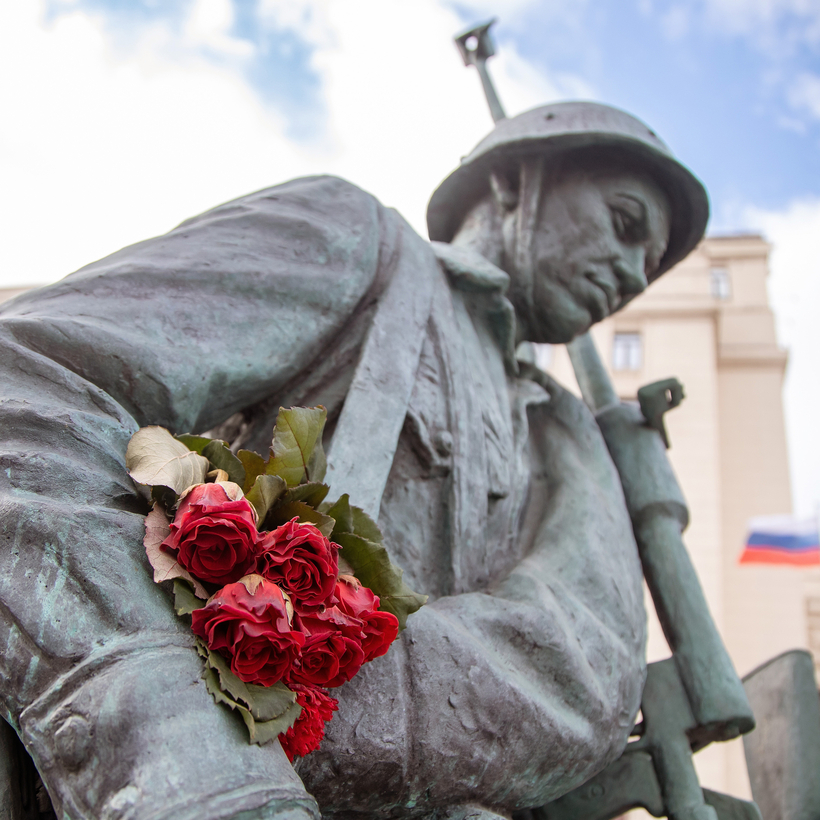Life in Moscow, where I’ve lived since I was 17, today resembles a Surrealist collage. Nobody believed that this war would ever happen. Many in Russia still don’t believe it has, and are trying to go on living as if nothing has changed.
There is a layer of pre-war “normal life” that persists. There are people in coffee shops discussing which movie to stream that night. (But not on Netflix; that’s gone.) There are parties with balloons in business centers. You can still go to work, then grab a beer and chat with your friends. You can even go out to the cinema, although only to see an old classic—foreign releases are mostly unavailable now, and the domestic film industry has been severely censored for some years.

